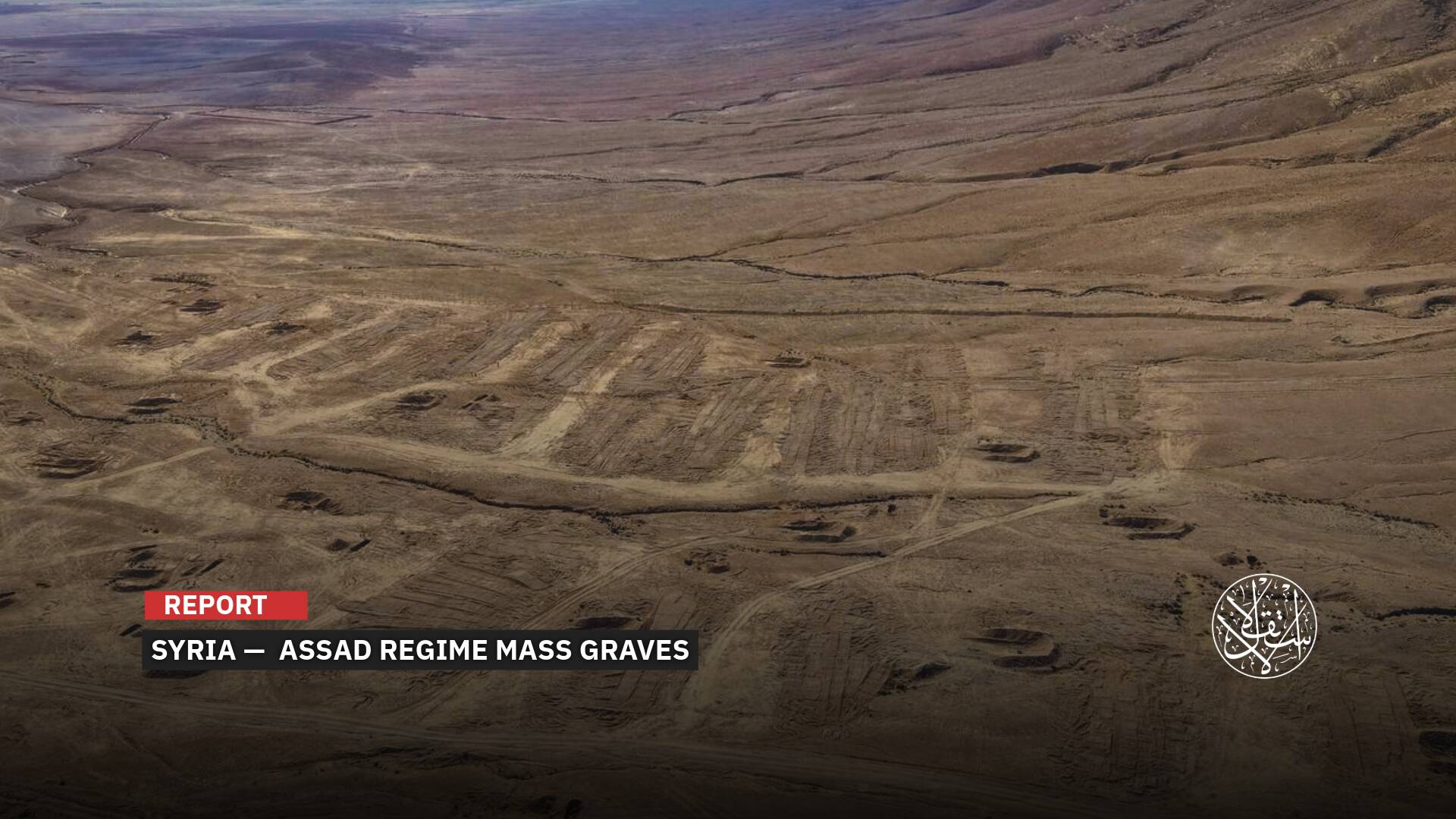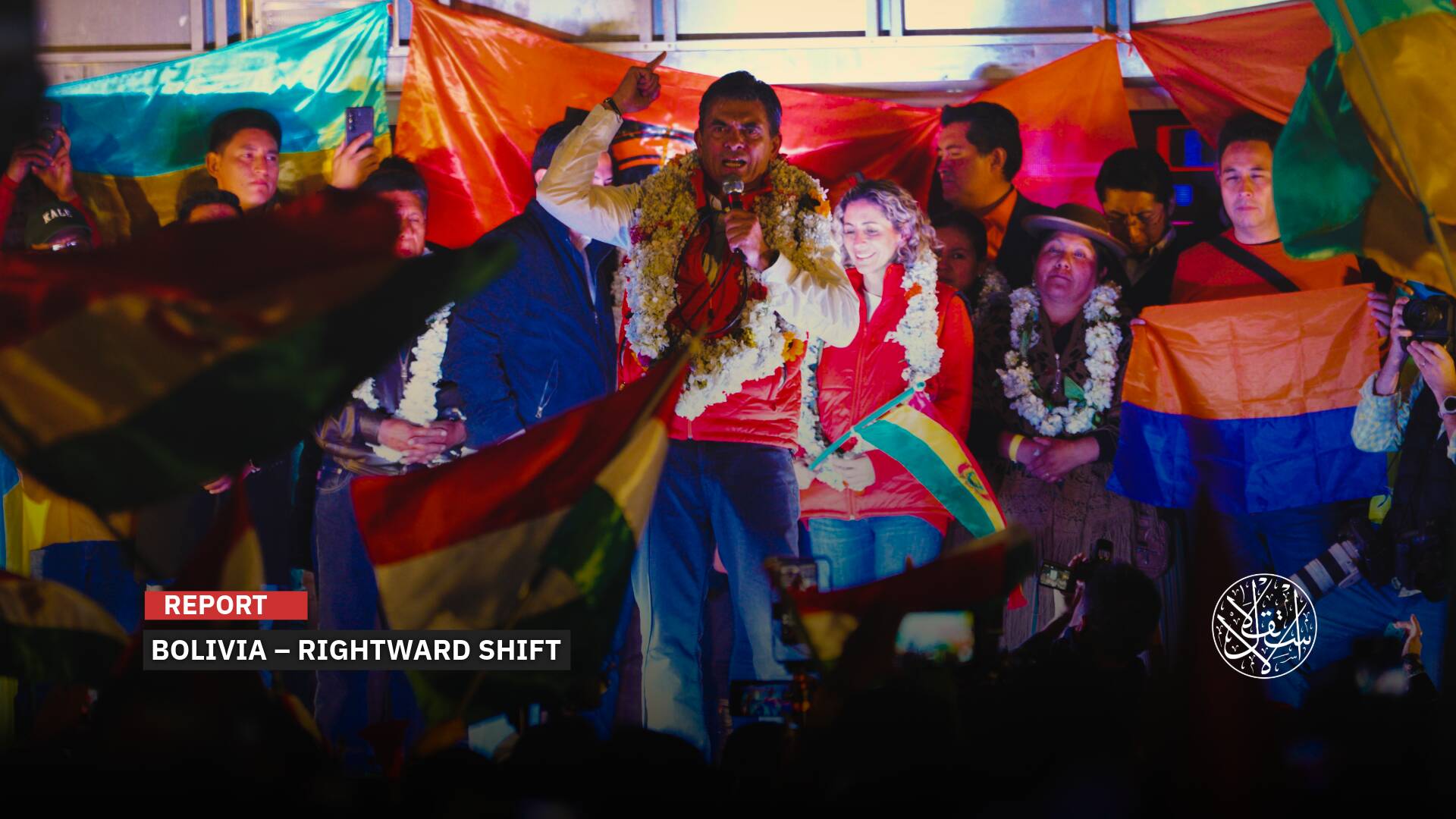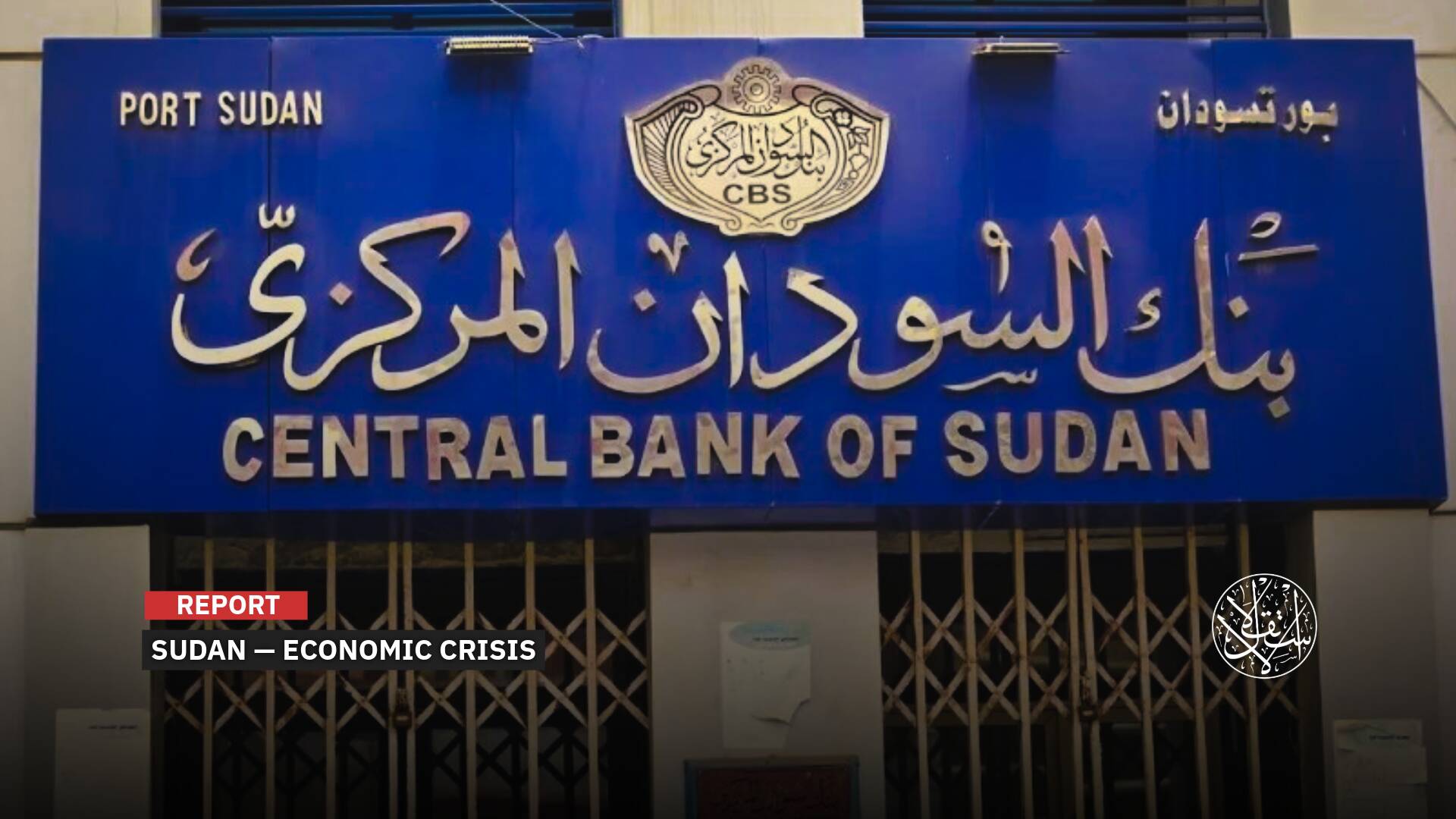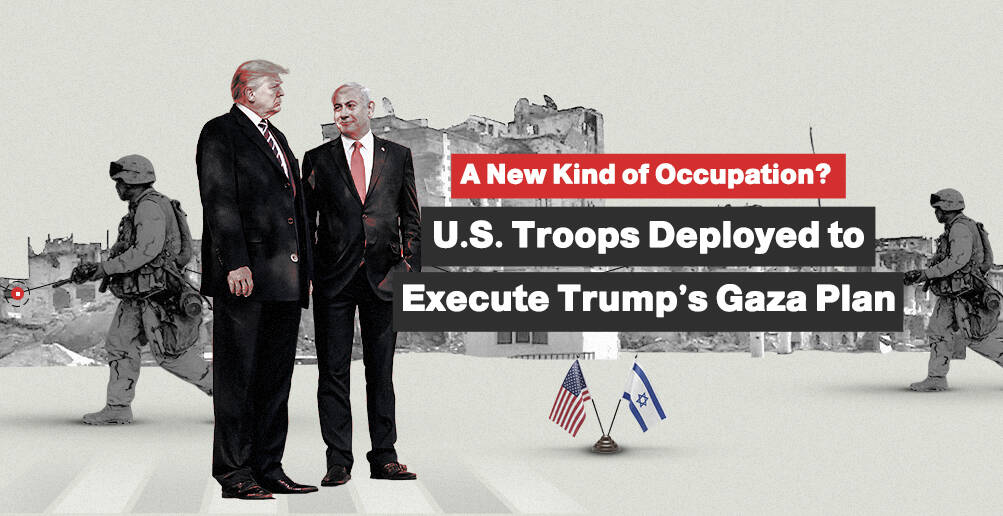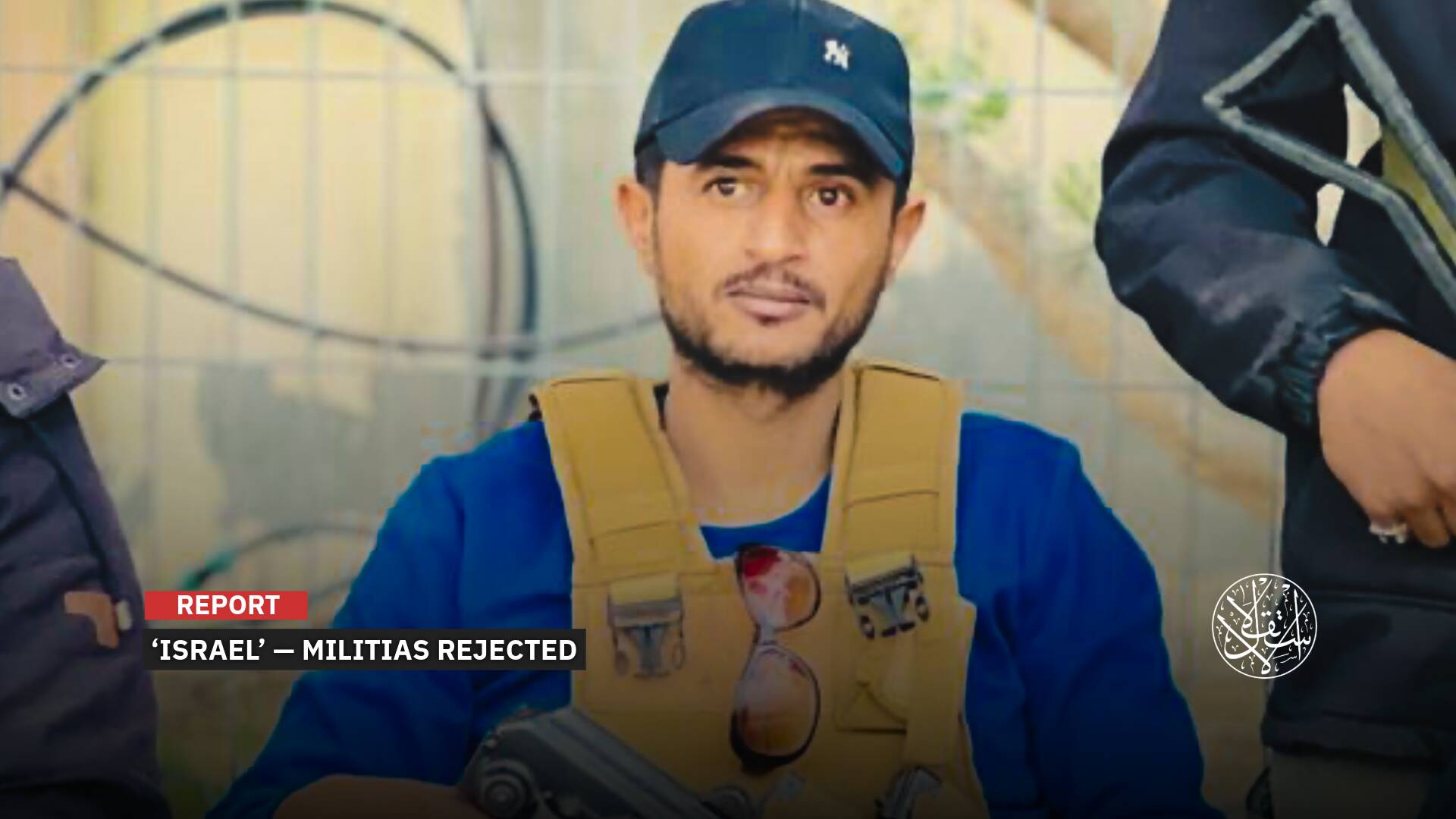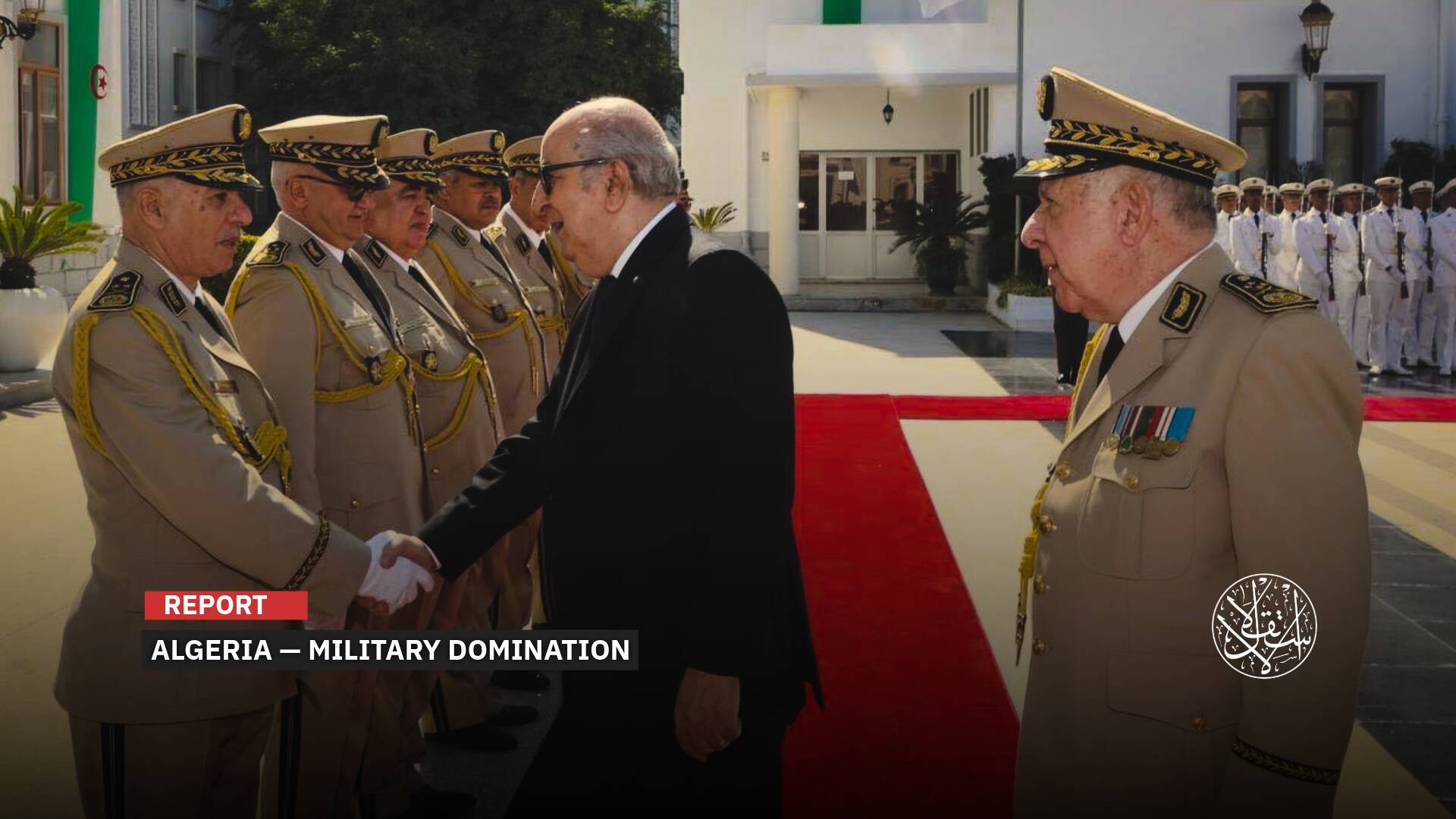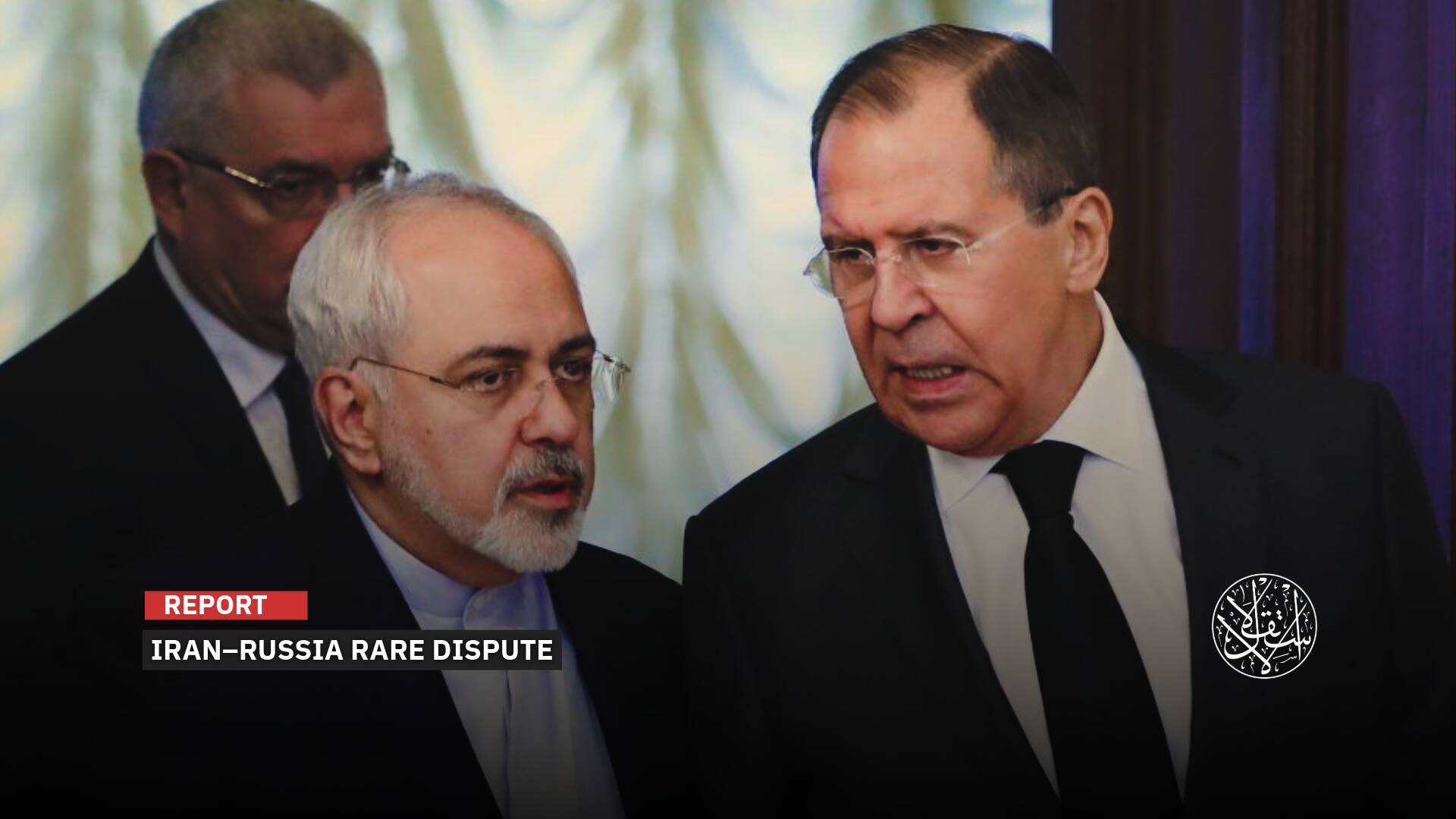Saad al-Faqih: ‘Bin Salman Supports Israel in Gaza Genocide and is Forced to Aid Sisi’ (Exclusive)

“Bin Salman's regime has used its security apparatus to suppress those who sympathize with the people of Gaza.”
Saudi dissident and head of the Islamic Movement for Reform, Saad al-Faqih, stated that Crown Prince Mohammed bin Salman's regime is colluding with the Zionist entity in the brutal massacres against nearly two million unarmed civilians in the Gaza Strip since October 7, 2023.
In an interview with Al-Estiklal, al-Faqih explained that Bin Salman's regime has used its security apparatus to suppress those who sympathize with the people of Gaza, while his media outlets and electronic trolls distort the image of the Palestinian resistance and beautify that of the Israeli Occupation.
“The circulation of videos during the Hajj season showing the arrest of those who raise the Palestinian flag or chant in support of Gaza reflects this painful reality in the land of the Two Holy Mosques,” al-Faqih stated.
Since October 7, “Israel” has launched a devastating assault on Gaza with U.S. support, resulting in over 128,000 Palestinian casualties, mostly children and women, and more than 10,000 missing amid massive destruction and famine that has claimed the lives of dozens of children.
In another context, with the U.S. elections approaching in November 2024, al-Faqih pointed out that Donald Trump's return to the White House would benefit Bin Salman and give him a strong boost to increase the repression and tyranny practices on Saudis and across the Arab region.
The Saudi dissident added that although Mohammed bin Salman has received what he wanted from the current Democratic president Joe Biden, "Trump will give him more than he wants."
Saad Rashed al-Faqih, 67, is a consultant surgeon and head of the political office of the Committee for the Defense of Legitimate Rights (a human rights organization), and founder of the Islamic Movement for Reform (a political organization), both of which are banned in Saudi Arabia. He continues his work from the UK.
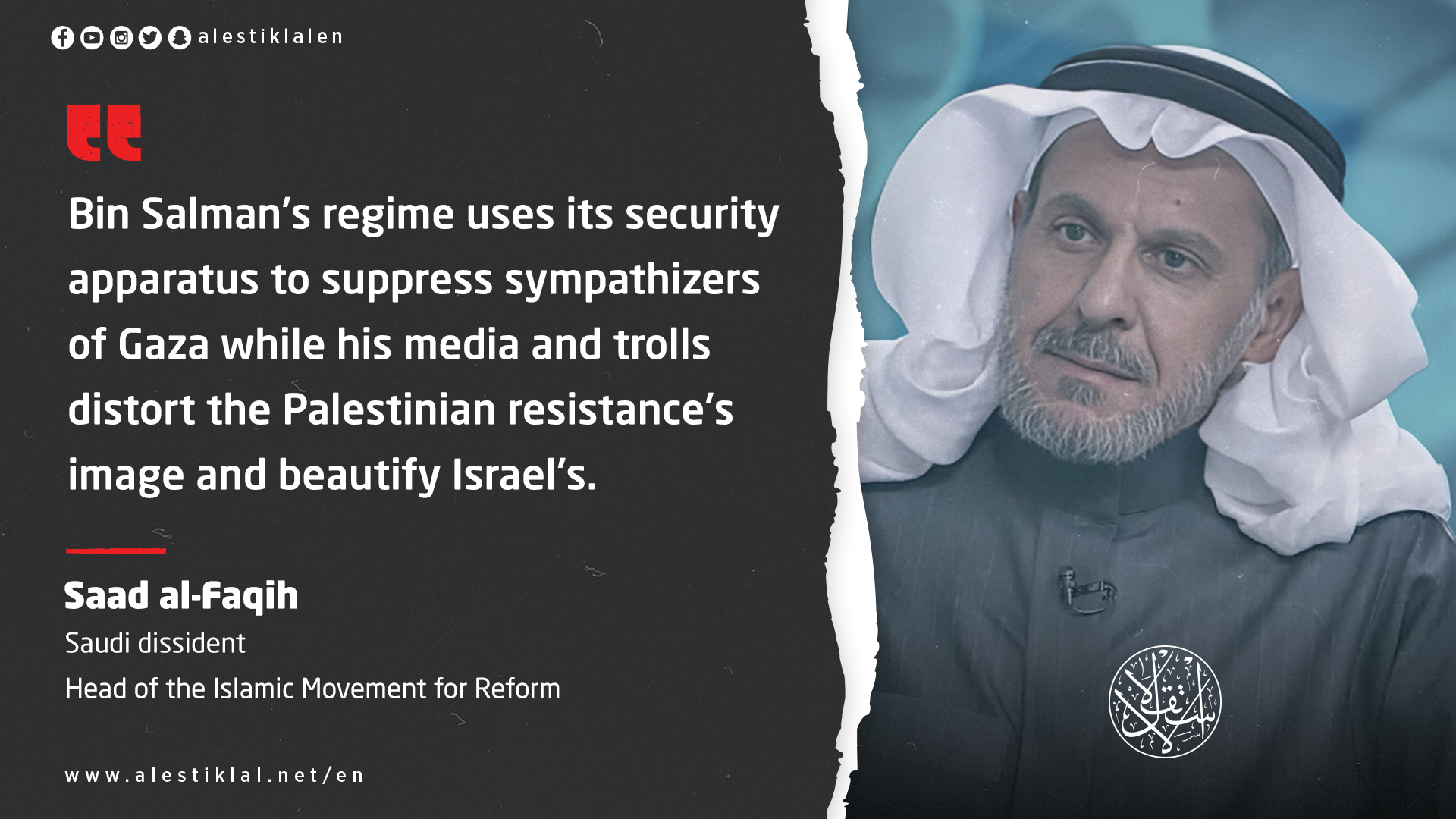
Saudi Arabia and Gaza
• What is Saudi Arabia's stance on the ongoing aggression against Gaza amid Mohammed bin Salman's government's preoccupation with entertainment events?
Unfortunately, the Saudi regime under Mohammed bin Salman is accurately described as aligning with the Zionist entity and directly participating in the brutal massacres against nearly two million unarmed civilians in the Gaza Strip.
As it is well known, Saudi Arabia has used its security apparatus to suppress those who sympathize with the people of Gaza or criticize Israel. The footage circulated during this year's Hajj season, showing the arrest of individuals who raised the Palestinian flag or chanted in support of Gaza, reflects this painful reality in the land of the Two Holy Mosques under Bin Salman's rule.
The Saudi state, under Bin Salman's directives, has employed all its media outlets and electronic trolls to smear the resistance and beautify Israel's image.
Saudi Arabia has supplied Israel with the oil it needs and provided an alternative land route to the Red Sea after the Houthis blocked the Bab al-Mandab Strait, safeguarding Israel's interests.
Several well-informed Western newspapers have reported that Bin Salman is encouraging Israel to expedite its mission, even if it means the complete destruction of Gaza.
• How is Bin Salman participating in the Israeli aggression on Gaza?
Bin Salman's contribution to the massacres in Gaza is evident and unequivocal. Despite the genocidal acts, starvation, killing, and destruction inflicted on Palestinians in Gaza, Operation al-Aqsa Flood has exposed all Arab regimes without exception. They have not only failed their own people but also the Islamic holy sites in Palestine.
Operation al-Aqsa Flood has revealed the complicity of all Arab armies, which, along with Arab regimes, have become supporters of Israel politically, militarily, economically, and media-wise. They no longer hide this, as they did previously in closed-door meetings.
Saudi Arabia publicly supports these horrific massacres against our people in Gaza, hoping for Israel's victory and the Zionist regime's dominance. Bin Salman supplies Israel with hundreds of oil shipments to compensate for what it loses due to resistance rockets after October 7.
He has imprisoned all Hamas affiliates in the kingdom since his rise to power, torturing them and interrogating them with reports prepared by the Israelis. Bin Salman has also opened the land route to supply the Zionist entity with all the food and products it needs after the Houthis closed Bab al-Mandab.
Bin Salman supports Israel through media outlets like al-Arabiya, which adopts and promotes the Zionist narrative and constantly attacks the Palestinian resistance.
If this reckless prince, Mohammed bin Salman, does all this, is there any doubt that he and the Saudi regime are partners in the massacres against our people in Palestine, indistinguishable from the Zionist regime?
• What is the stance of the Gulf Cooperation Council as a whole on the genocide in Gaza and al-Aqsa Mosque?
The bitter truth that everyone should know is that the Gulf Cooperation Council is a mere formal institution with very limited roles.
The member states have varied positions regarding the ongoing genocide and crimes against humanity in Gaza. Kuwait and Qatar have one stance, while Saudi Arabia, the UAE, and Bahrain have a completely different stance, aligning with the Zionist enemy.
Meanwhile, Oman has yet another stance, highlighting the absence of a unified position on what is happening in Gaza.
Situation in Saudi Arabia
• What does the future hold for the Kingdom under Bin Salman's control over its political, military, economic, and religious spheres?
There is a belief that Bin Salman has changed the kingdom's internal and external policies, but this is a misconception. All Bin Salman has done is unveil the true nature of the al-Saud, abandoning the grand pretense of respecting scholars and maintaining the false religious cover around the al-Saud.
Bin Salman has turned corruption and sabotage plans, which were previously carried out quietly, into announced programs and festivals. As for the crackdown on reformers, he has merely intensified it, as reformers have been persecuted long before Bin Salman under al-Saud's rule.
Even foreign policy hasn't changed much, except for his reckless steps, such as the blockade of Qatar, the detention of Saad Hariri, and severing ties with Germany and Canada.
• How do you interpret the recent Hajj scandal and the significant rise in the number of pilgrims' deaths?
Hajj scandals have been recurring annually, even before Bin Salman's tenure, with varying degrees of severity. This year, however, Bin Salman was unable to conceal the scandal, as the widespread dissemination of information via social media made it more transparent.
The problem with Hajj is not a disaster, disease, or stampede. The issue is that the Saudi government cares only about official guests and ensuring the praise of participating journalists.
Therefore, no comprehensive strategic plan for Hajj exists or will ever exist, whether in transport and pilgrim movement, accommodation and housing, cleanliness and health services, or the ease of performing rituals and receiving and departing pilgrims.
Many dedicated locals have presented comprehensive plans for Hajj, but they have been unable to convince the officials to adopt these strategic plans.
Saudi Arabia's International Relations
• What is the status of Saudi normalization with Israel?
Contrary to popular belief, the U.S. and Israel are not keen on formal normalization, such as opening embassies, because they understand that this would undermine Saudi Arabia's legitimacy in the Islamic world.
Therefore, Washington and Tel Aviv urgently need Saudi Arabia's influence in the Islamic world to remain strong to neutralize it to the fullest extent.
However, real normalization is achieved on all levels: political, military, economic, technical, security, media, and cultural. Even the education curriculum is being changed by figures who implement the Zionists' directives in favor of Israel.
Social media platforms are filled with clips of Zionists freely roaming the lands of the Two Holy Mosques, unfortunately, during Bin Salman's era.
• How do you see Saudi rapprochement with China and Russia to avoid Houthi strikes in Bab al-Mandab?
Saudi rapprochement with China is not new. The new aspect is the repeated dispatch of envoys to China to mediate with Iran to pressure the Houthis to stop attacking the kingdom and its commercial ships.
The latest envoy was Defense Minister Khalid bin Sultan, and the request was not to stop the attacks entirely, as Bin Salman wants to protect only himself.
• What is the future of Saudi-Turkish relations amid the current rapprochement?
Saudi-Turkish relations have improved significantly recently, as have relations with the UAE and Egypt.
However, on a popular level, there has been a significant decline in Saudi tourists traveling to Turkiye due to the unfortunate rise of racism against Arabs.
• What about the power struggle between Saudi Arabia and the UAE, reflected in the relationship between Bin Salman and Bin Zayed?
Bin Zayed has managed to embarrass Bin Salman several times, whether in Yemen, oil production, or the dispute over the Yasat reserve.
Bin Salman is in a precarious position because Bin Zayed initially elevated him during his father's reign, persuaded the Americans to support him, instructed him on consolidating power away from the rest of the Al Saud family, and exerted authoritative influence over him during the Qatar blockade.
Therefore, Bin Zayed has many cards to play against Bin Salman, making it unlikely that Bin Salman can take a strong stand against him.
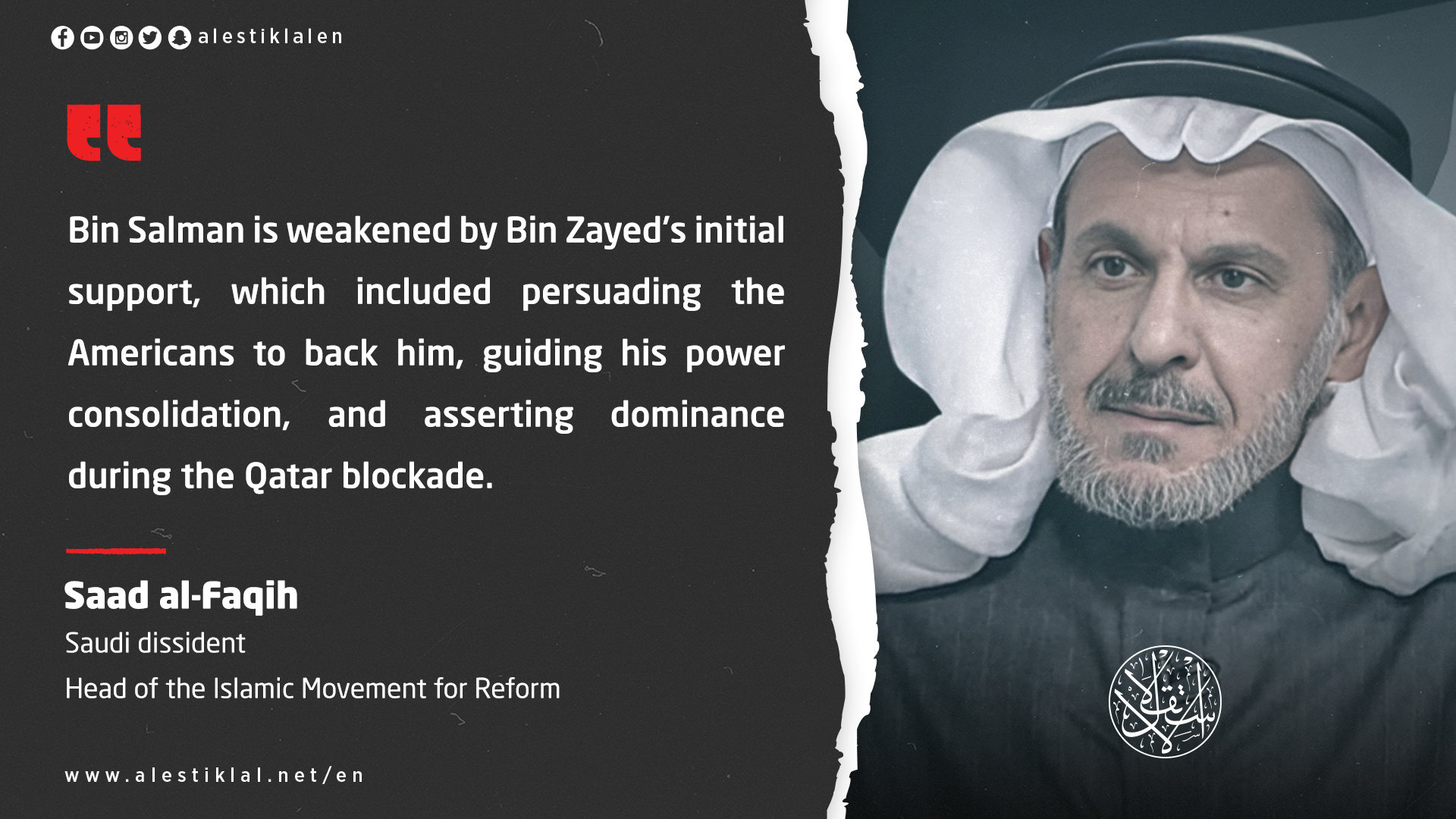
• Do Saudi Arabia and the UAE continue to support Sisi in facing the severe gas shortage and power outages?
The problem with Sisi is that no matter how much support he receives, it disappears into the depths of corruption and the military's pockets. The billions he received from Saudi Arabia and the UAE should have sufficed to meet Egypt's needs for several years. However, the Egyptian people continue to suffer from corruption, tyranny, and destruction.
According to reports, Bin Salman and Bin Zayed are only concerned with ensuring the strength of the military, security, and media in Egypt. They are not interested in whether the living conditions of the other 110 million Egyptians improve or not.
Their reasoning is that repression ensures the regime's survival, and the cohesion of the system aligned with the U.S. and coordinated with Israel, even if economic and social conditions deteriorate.
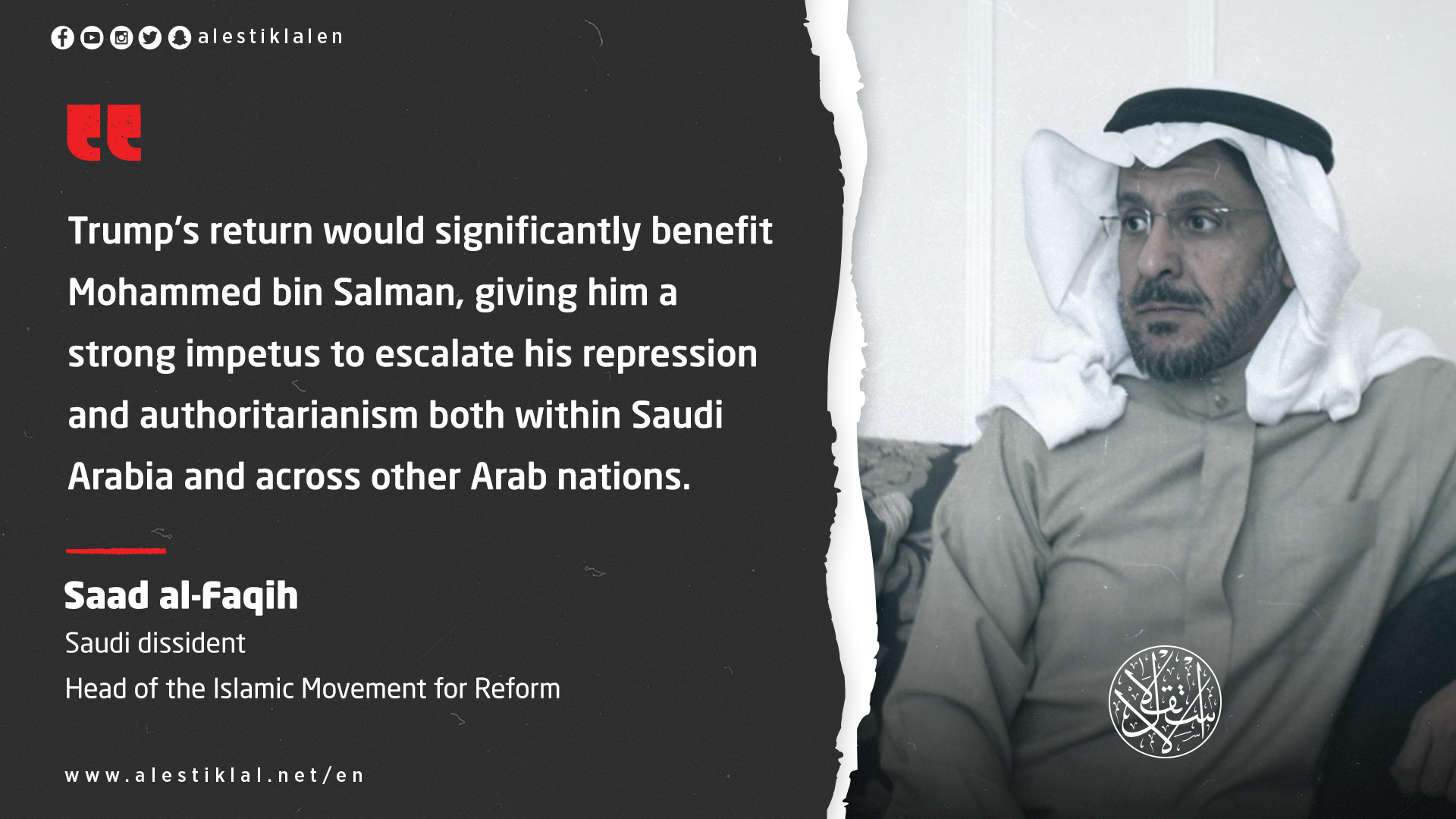
International Issues
• How do you view Qatar's media role in confronting the genocide in Gaza?
The stance of Al-Jazeera, both its Arabic and English branches, plays a significant role in informing the world about the situation. A substantial part of the media and political losses suffered by the Israelis can be attributed to this role.
Al-Jazeera's coverage has had a strong impact on the morale of the resistance fighters, as Arabs and Muslims experience the events through its lens. Many global media outlets have been compelled to change their policies after being exposed by Al-Jazeera English's coverage, which highlighted the nature of the brutal and genocidal crimes, including the bombing of hospitals, schools, UN premises, mosques, churches, and refugee camps.
• What is the future of Kuwait under the new Emir following the recent coup?
The recent events in Kuwait indicate the absence of a solid democracy. The political system grants the Emir the authority to issue decrees and turn them into laws, refuse to endorse any law passed by the parliament, appoint the prime minister without parliamentary consent, and appoint and dismiss ministers, who can also be appointed as members of the National Assembly. The system allows the Emir to dissolve the parliament at will.
More concerning is the Emir's power to suspend constitutional provisions. Given these extensive powers, how can the system be considered democratic?
Regarding the future, current discussions suggest that the new Emir of Kuwait may seek to emulate the governance styles of Bin Salman and Bin Zayed, but the picture remains unclear.
• How do you see the failed assassination attempt on Trump?
The failed assassination attempt on Trump undoubtedly embarrassed the Democratic government, which is responsible for the country's security situation. This incident significantly boosted Trump's chances of winning the election.
Had Biden not withdrawn from the race, the Democrats would have faced certain defeat. Hence, I believe they strongly persuaded Biden to step aside in favor of another candidate capable of challenging Trump.
• What are the implications of the U.S. election results on Mohammed bin Salman's standing in power?
Regarding the impact of the U.S. election results on Saudi Arabia and the region, Trump's return would benefit Mohammed bin Salman. It would provide him with a strong impetus to increase the level of repression and authoritarianism he exercises over Saudis and throughout various Arab countries.
While Mohammed bin Salman has already obtained what he wants from President Biden, Trump would offer him even more. This would embolden the reckless prince to escalate his oppressive actions against us in the Kingdom and against Arabs and Muslims in general.



